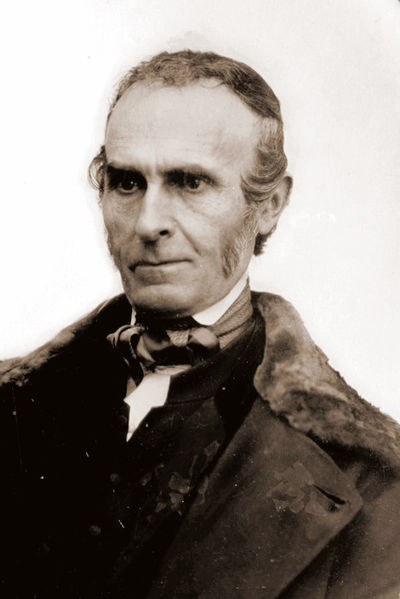
MR. WHITTIER'S CHILDHOOD.
FEW American poets have been as widely known by the children, and as much beloved by those of all ages, as John G. Whittier. A little girl in Oxford, Penn., wanted to know what the good Quaker poet thought about and did when he was a little boy (he is now over seventy years of age); so she asked him in _a letter, and received this reply :—
"My dear young friend: I think, at the age of which thy note inquires, I found about equal satisfaction in our old rural home with the shifting' panorama of the seasons, in reading the few books within my reach, and dreaming of something wonderful and grand somewhere in the future. Neither change nor loss had then made me realize the uncertainty of all earthly things. I felt secure in my mother's love, and dreamed of losing nothing, and gaining much. Looking back now, my chief satisfaction is that I loved and obeyed my parents, and tried to make them happy by seeking to be good. That I did not succeed in all respects, that I fell very far short of my good intentions, was a frequent cause of sorrow. I had at that time a very great thirst for knowledge, and little means to gratify it. The beauty of outward nature early impressed me; and the moral and spiritual beauty of the holy lives I read in the Bible and other good books also affected me with a sense of my falling short, and longing for a better state.
"With every good wish for thee, I am thy sincere friend,
JOHN G. WHITTIER.
---------------
THE PALM-TREE.
THE palm-tree grows mostly in the tropical regions. There are many different varieties; indeed, botanists say that there are more than one thousand distinct species of the palm. Some are only small plants, while others rise into slender and graceful columns a hundred feet or more in height. The many different kinds of this tree, with their fruit, bark, and leaves, give food, shelter, clothing, and almost every other necessary of life, to the people who live where they grow. There is one variety known as the cabbage palm, because of its large, tender buds, which are call "cabbages," and considered a great delicacy either raw or boiled. The one represented in the picture below is known as the featherpalm. In the following piece of poetry, by Mr. Whittier, the many and varied uses of the palm-tree are beautifully described :—
Is it the palm, the cocoa-palm,
On the Indian Sea, by the isles of balm?
Or is it a ship in the breezeless calm?
A ship whose keel is of palm beneath,
Whose ribs of palm have a palm-bark sheath,
And a rudder of palm it steereth with.
Branches of palm are its spars and rails,
Fibers of palm are its woven sails,
And the rope is of palm that idly trails!
What does the good ship bear so well?
The cocoanut with its stony shell,
And the milky sap of its inner cell.
What are its jars, so smooth and fine,
But hollowed nuts, filled with oil and wine,
And the cabbage that ripens under the Line?
Who smokes his nargileh, cool and calm?
The master, whose cunning and skill could charm
Cargo and ship from the bounteous palm.
In the cabin he sits on the palm-mat soft,
From the beaker of palm his drink is quaffed,
And a palm-thatch shields from the sun aloft!
His dress is woven of palmy strands,
And he holds a palm-leaf scroll in his hands,
Traced with the Prophet's wise commands!
The turban folded about his head
Was daintily wrought of a palm-leaf braid,
And the fan that cools him of palm was made.
Of threads of palm was the carpet spun
Whereon he kneels when the day is done,
And the foreheads of Islam are bowed as one!
To him the palm is a gift divine,
Wherein all uses of man combine,—
House, and raiment, and food, and wine!
And in the hour of his great release,
His need of the palm shall only cease
With the shroud wherein he lieth at
peace.
It Allah It Allah " he sings his psalm,
On the Indian Sea, by the isles of balm;
I Thanks to Allah who gives the palm! "